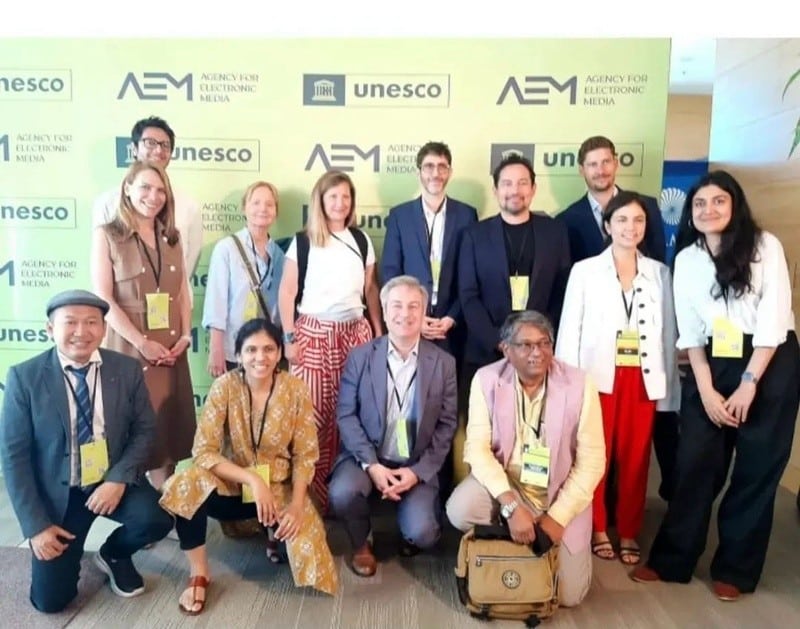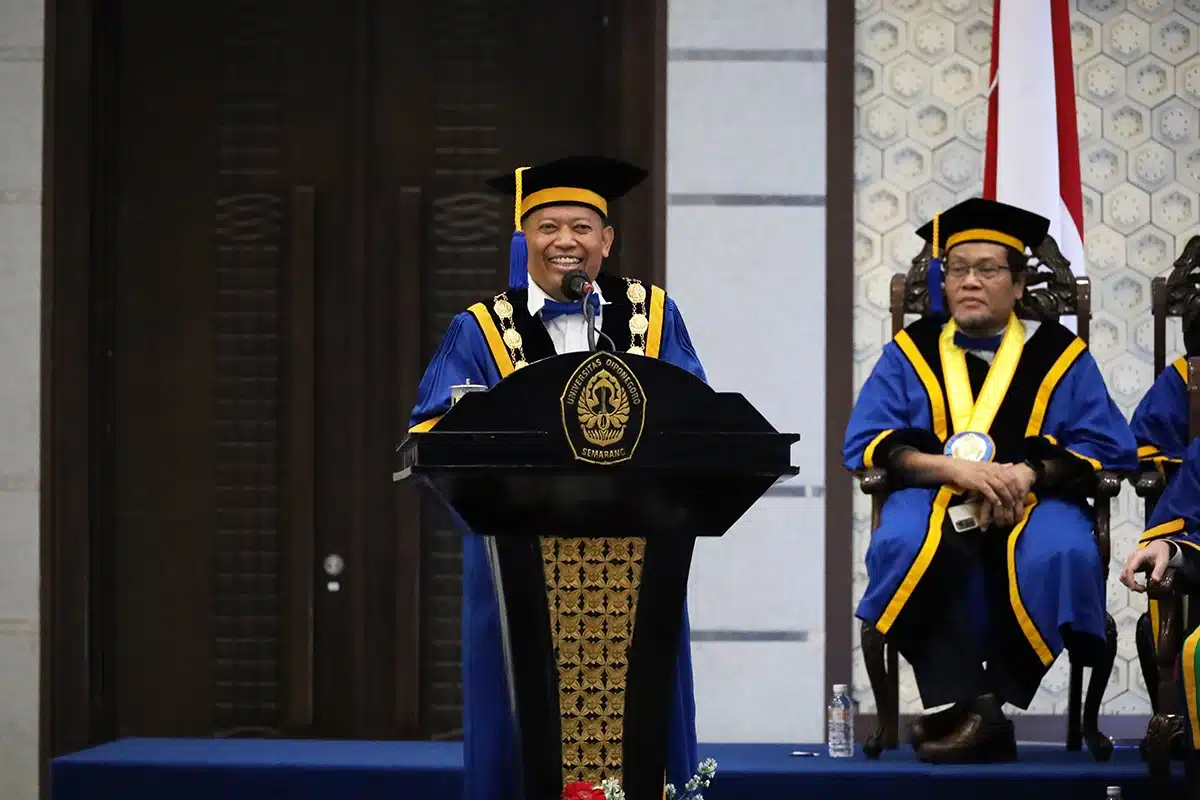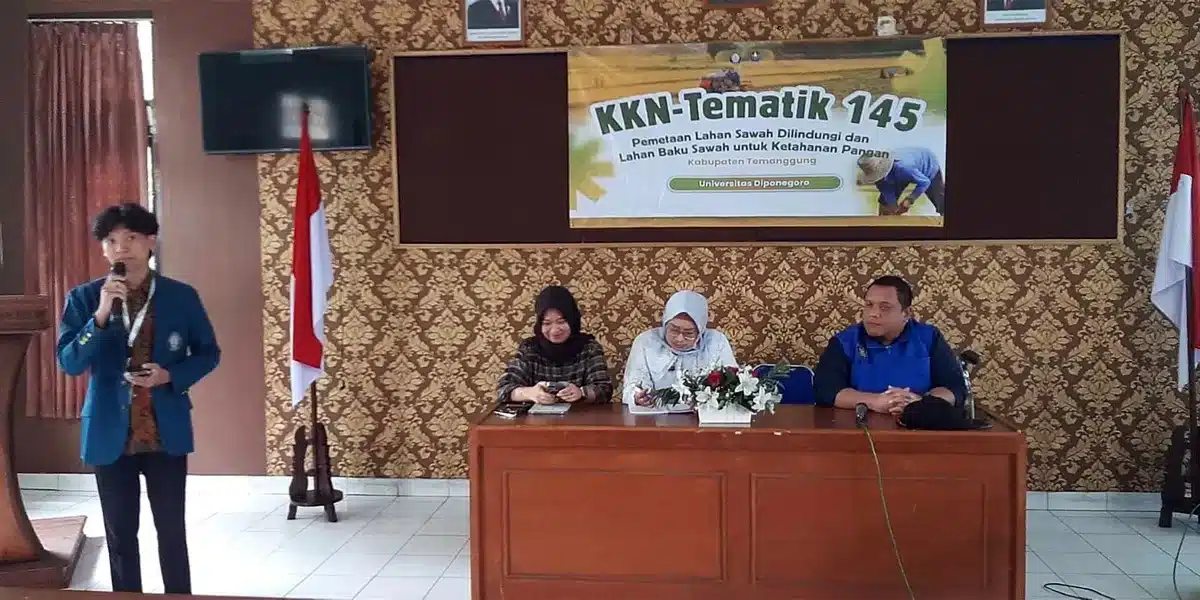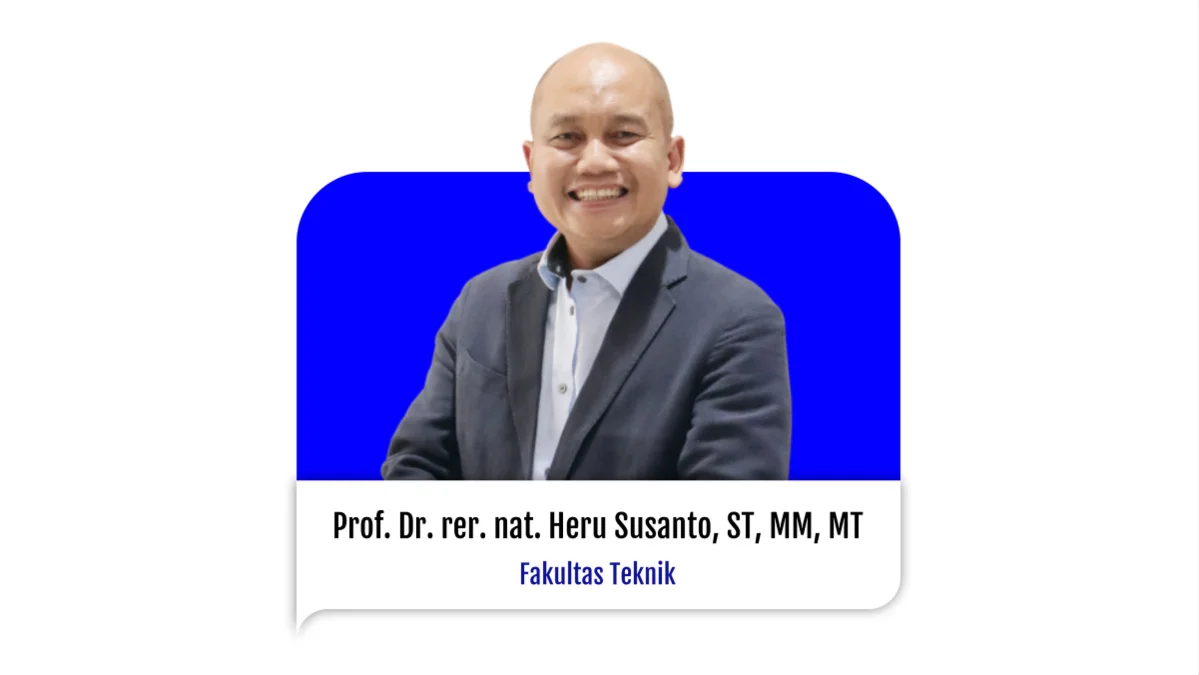UNDIP, Semarang (October 5, 2025) – Universitas Diponegoro (UNDIP) continues to reaffirm its reputation as a noble and valuable institution through the outstanding achievements of its academic community. One prominent figure embodying this spirit is Prof. Dr.rer.nat. Ir. Heru Susanto, S.T., M.M., M.T., Professor of the Department of Chemical Engineering, Faculty of Engineering, and Vice Rector for Academic and Student Affairs. His name has consistently appeared in the top 2% of the world’s scientists list by Stanford University and Elsevier (2021–2025). This achievement not only cements his global reputation but also highlights UNDIP’s commitment to producing research with real-world impact.
In an exclusive interview with UNDIP Podcast, Prof. Heru shared his journey in the world of research—one marked by deep dedication and consistency. His interest in membrane and polymer research began during his master’s studies at the Institut Teknologi Bandung and continued through his doctoral studies in Germany.
“A membrane is like a filter, but its capability is much more complex—it’s a thin layer or film that can separate components not only based on size but also on charge and diffusion rate within a solution,” he explained during the podcast.
This perspective is reflected in the numerous studies conducted at UNDIP’s Membrane Research Center (Y-MERCY), where Prof. Heru and his team explore membrane preparation and applications. Their work extends beyond polymer-based materials to non-polymer ones such as ceramics and fly ash. These studies aim to develop high-performance membranes for various industrial applications.
Prof. Heru’s research has produced tangible results across multiple sectors. In environmental applications, he developed membrane technologies for clean water treatment, wastewater management, and seawater desalination projects in collaboration with the Jawa Tengah Provincial Government. In healthcare, his work contributes to the development of artificial kidneys for dialysis patients.
In the energy sector, his team has contributed to the development of bioethanol, biodiesel, and reverse electrodialysis technologies, which collect energy from the mixing of seawater and freshwater—bringing his research closer to addressing societal needs.
Despite his success, Prof. Heru acknowledges that research in Indonesia still faces significant challenges. “We are still lagging behind countries like China, Japan, Europe, and the United States. Limitations in infrastructure, low work ethic, and short research hours are serious barriers to improving research productivity,” he said. “If we want to compete globally, we must work harder and stay focused,” he emphasized.
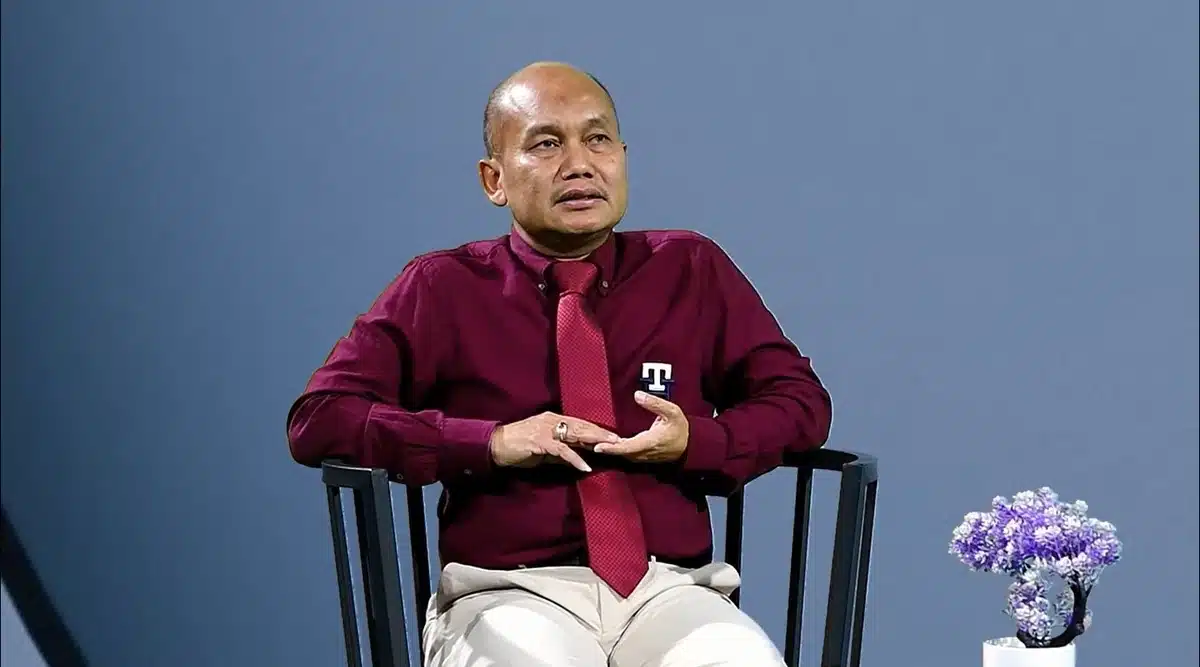
For Prof. Heru, research should not be a choice between quantity of publications and practical impact—it must be both. “Research can be publishable to advance science or applicable to serve society. The two can go hand in hand—strong scientific publications can ultimately lead to real solutions,” he stated.
Among his most notable works is the anti-fouling ultrafiltration membrane, designed to resist clogging during water filtration. This innovation stands out not only for its scientific sophistication but also for its relevance to Indonesia’s clean water industry. The research has been widely published in reputable international journals and serves as a global reference.
Another remarkable innovation is batik wastewater nanofiltration, which not only reduces pollutants but also recovers color pigments from waste, offering both environmental protection and economic value. This study demonstrates that innovation can simultaneously foster economic sustainability and ecological preservation.
Concluding the podcast, Prof. Heru shared an inspiring message for young researchers: to focus on research aligned with their passion and future relevance. He categorized research into two main types: basic research, which advances knowledge, and applied research, which provides direct societal benefit. “The two should not be seen as opposing forces. What matters is that research is conducted effectively and produces valuable outcomes,” he advised.
Prof. Heru’s work exemplifies the spirit of “Diktisaintek Berdampak”—a movement that positions science and technology as key drivers of social and environmental progress. For him, research is not merely an academic pursuit but a real contribution to national development.
Furthermore, his research on membranes and polymers directly contributes to Sustainable Development Goal (SDG) 9: Industry, Innovation, and Infrastructure, supporting sustainable industries, eco-friendly waste management, and innovative infrastructure development that promotes societal well-being.
Through his dedication and visionary mindset, Prof. Heru demonstrates that Universitas Diponegoro is not only a respected academic institution but also a force for improving lives. His research not only inspires but also bridges Indonesia’s aspirations toward a more independent, inclusive, and globally competitive future. (Public Communication/UNDIP/DHW & Ronaa)


